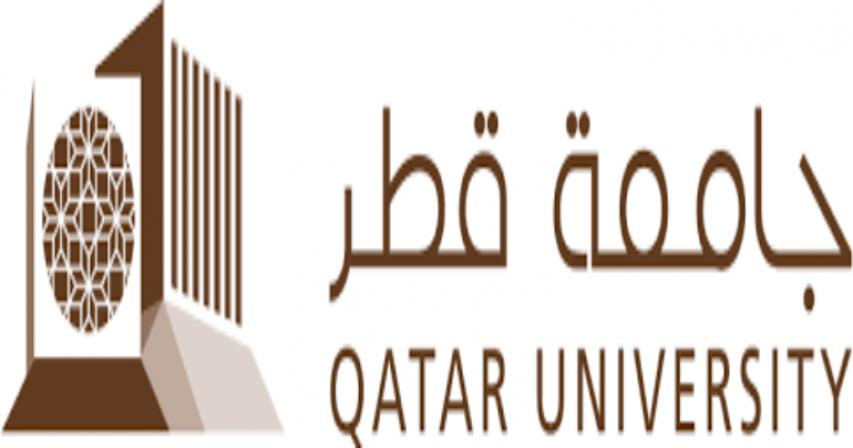A research project was recently conducted by Qatar University (QU) that focused on the oil and water separation properties by enhanced polymer nanocomposite membranes, which contains specialized nanomaterials that can resist the biofouling.
Due to the importance of this research in the industrial sector, it was highlighted by a feature in the Nature Middle East, which is a comprehensive portal for information on scientific and medical research in the Middle Eastern region.
This project is ensured to be a rewarding experience that made QU - Center for Advanced Materials (CAM) - researchers to put their theoretical research into a live environment with industrial partners to get the derived solutions that will enable them to strive through their challenges.
Specifically, the project became successful with the joint efforts and partnerships with research teams from the University of Houston (UH), the United States, and the Global Water Sustainability Center, ConocoPhillips, Qatar (GWSC, ConocoPhillips).
A Master Student of Qatar University, Ali El-Samak, conducted this research work as part of his thesis. El-Samak, (graduate assistant program in materials science and technology program), under the guidance of a team of Prof. Mariam Al-Maadeed, Dr. Mohammad K Hassan (from QU), Prof. Alamgir Karim (UH), and Dr. Samer Adham (GWSC, ConocoPhillips), did present this work in a nanomaterial conference in the Netherlands and an international water and energy nexus conference in Qatar. Along with that, this work has earned the researcher the Outstanding Thesis Award by the College of Arts and Sciences.
This project is funded by the Qatar University Graduate Assistant Research programme and by the Qatar National Research Fund (QNRF).
Details of this study can be accessed in the below link:
https://www.natureasia.com/en/nmiddleeast/article/10.1038/nmiddleeast.2021.29

Comments